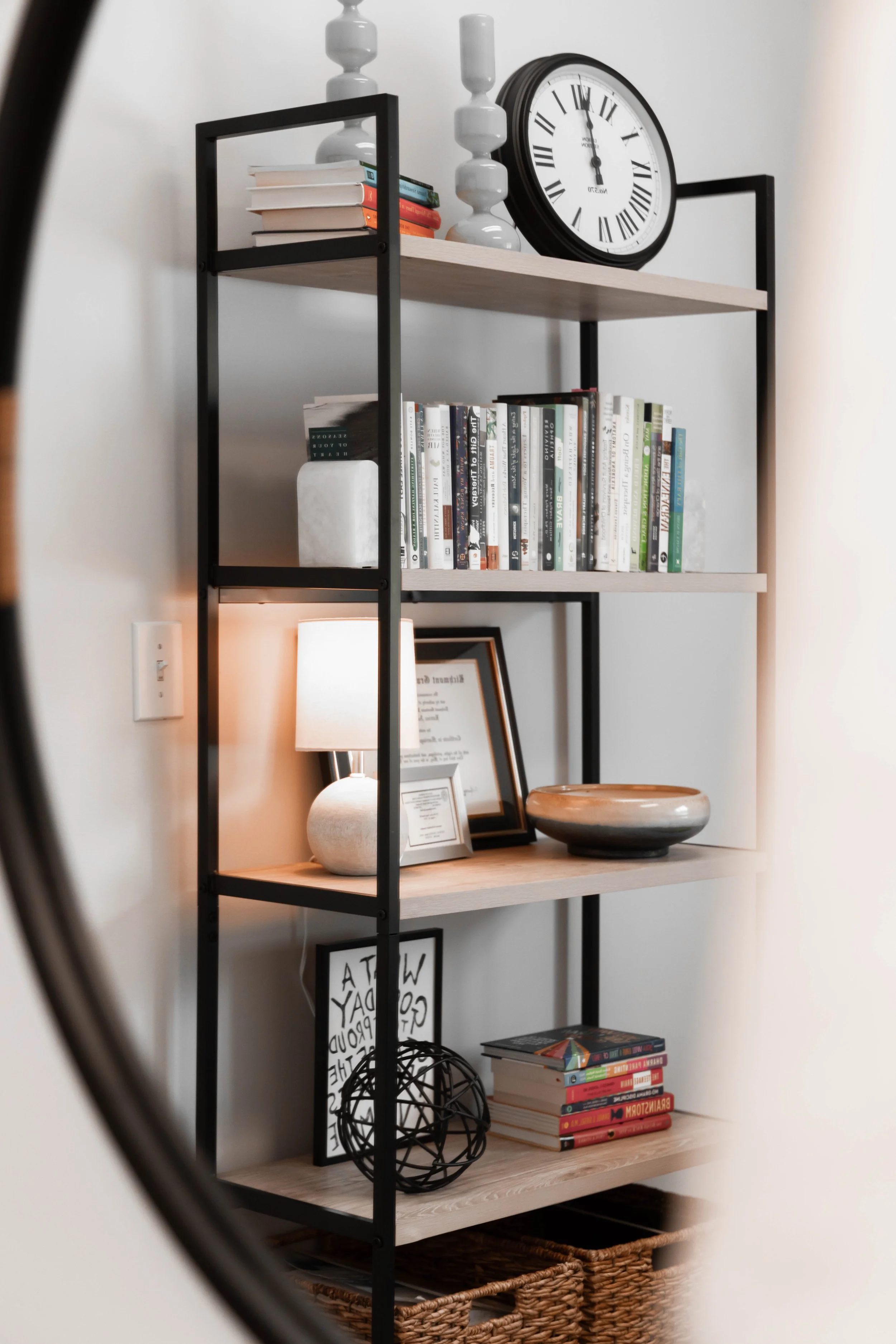Panic Attacks: How to Reduce the Fear
A panic attack is a sudden episode of intense fear, which can trigger a variety of severe and intense physical and emotional reactions.
Panic attacks can seemingly come out of nowhere, and most of the time, there is no real cause or real danger present. Panic attacks cause a variety of distressing physical reactions such as: a racing heart, tight chest, difficulty breathing, sweating, dizziness and exhaustion. They can last anywhere from a few seconds to several minutes. Below are a few strategies to try to take the “fear” out of a panic attack.
Understand that there are no medical risks.
Panic attacks can be so powerful and cause intense physical reactions that many people go to the emergency room thinking they are having a heart attack or medical emergency. To have the assurance that you are physically okay during a panic attack can take the fear and strength away.
Deep breathing can help in the moment.
A good way to decrease the panicked feeling and calm your mind and body is to focus on your breathing. Take deep, slow breaths, in through your nose, out through your mouth, and try to focus solely on the air moving in and out of your lungs.
Know that this feeling will pass.
A panic attack will not last forever. It can feel that way in the midst of it, but it will come to an end. When you focus on your breathing and remind yourself that it will end can be helpful. A panic attack is like a wave in the ocean: It will flow over you, but will end.
Practice grounding exercises.
Focus on your senses. This can serve as a way to distract your mind and body from a panic attack, and calm you down.
Sight: What do I see right now around me?
Sound: What sounds can I hear right now?
Touch: What do I feel right now?
Taste: Pop a peppermint or gum in your mouth and focus on the flavor of it.
Smell: Smell your favorite lotion or candle and focus on the smell of it.
Seek therapy and counseling support.
Speaking to a licensed therapist or counselor can be extremely beneficial to reduce and mange panic. Your counselor can give you coping strategies to deal with panic attacks and create a safe space to process managing panic attacks.
Medication is an option.
There are a number of medications available to help reduce panic attacks. You can discuss this option with your counselor or therapist or request a psychiatric appointment through our office.
Panic attacks can be scary, but educating yourself and practicing these strategies can begin to take the fear and power away. Here at Atlanta Wellness Collective, we want to help. We have both licensed mental health providers and a Board Certified Psychiatric Mental Health Nurse Practitioner who can help. For support, contact us or request an appointment online.
This blog post was written by Jenna Elliott.
Disclaimer: This blog is not intended to substitute professional therapeutic advice. Talk with your healthcare provider about your health concerns and before starting or stopping therapies. No content on this site, regardless of date, should ever be used as a substitute for direct professional advice from your doctor or other qualified clinician.
VISIT US ON INSTAGRAM @atlwell





